Indigenous engagement guide calls on academics to self-reflect and advocate
The guide states, ‘it is only through long term, meaningful connections that you can understand and centre Indigenous needs, perspectives, and knowledge.’
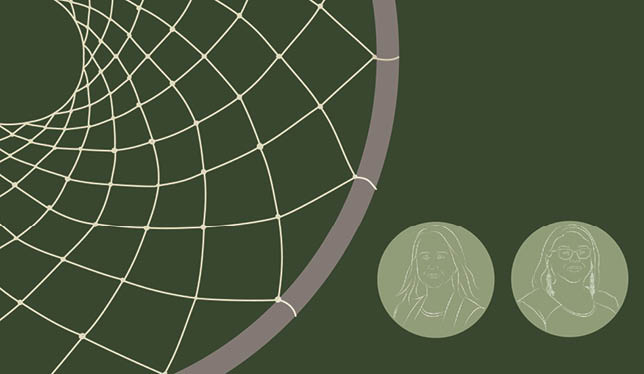
When Geneviève Sioui first started working at Concordia University’s office of community engagement, she was inundated with questions about collaborating with Indigenous peoples in an academic context. Ms. Sioui, a member of the Wendat Nation, said professors asked about inviting an Indigenous expert into their class, or student groups sought advice for planning an event with an Indigenous elder. While her role was specific to Indigenous community engagement, she didn’t always have the resources to respond thoroughly. “I would draw from my own professional and personal experience…but that is limited to who I am.”
She started collecting recommendations for best practices and brought on Anishinaabe student Amanda Shawayahamish to help gather research and stories from Indigenous academics, artists and members of the wider community. The result of that collaboration is the Dewemaagannag/My Relations Indigenous Engagement Guide. Ms. Shawayahamish, who is from the Animbiigoo Zaagi’igan Anishinaabek community northeast of Thunder Bay, also works as a coordinator at the office of community engagement. “We just started with conversations, and sharing our experiences,” she said.

Released in September 2023, the guide is described as “an invitation to take action(s) against the extraction of Indigenous knowledge and expertise,” an effect of colonialism the authors said is still present in academia. It outlines core principles for working with Indigenous communities, such as respecting sacred knowledge, compensating collaborators fairly and continual self-reflection. Emphasis is placed on building relationships in a spirit of reciprocity, challenging the power imbalance of researcher-participant. “It is only through long term, meaningful connections that you can understand and centre Indigenous needs, perspectives and knowledge,” the guide states.
The authors also highlight the importance of non-Indigenous researchers advocating for better practices. The office of community engagement recently ran a workshop about the guide, where Ms. Sioui said the topic of Indigenous sovereignty over information came up. Though that sovereignty was recognized as necessary, researchers discussed the issue of breaching confidentiality if data is shown to participants. “Those interviews you’re making in the Indigenous language of the community you’re working with, or with elders, that’s precious material that the community would probably want to have access to in 10 or 20 years,” Ms. Sioui said. “There are still challenges and barriers, but that’s hopefully an incentive for people to advocate for changes.”
Since the Truth and Reconciliation Commission published its recommendations in 2015, universities across Canada have undertaken initiatives to address their role in the ongoing harm of colonialism. Some schools have adopted similar approaches to the Concordia guide, such as the University of Calgary’s Cultural Protocol Guidelines, which gives advice on working with Indigenous cultural resource experts, the University of British Columbia’s Indigenous research principles, and the University of Manitoba’s ‘Working in good ways’ guide, which provides tools for educators to evaluate their work for best practices and cultural sensitivity.
Ms. Sioui and Ms. Shawayahamish said these are welcome additions, given how little existed when they first started researching for the guide. “There’s a shared understanding of how we wish things would be,” Ms. Sioui explained. She said while there are of course cultural differences across Indigenous communities, “these concepts are pretty universally shared. And if anything isn’t, we’ll change the document – it’s going to grow and evolve.”
Dewemaagannag/My Relations is intended as a “living document”, which will be updated as better practices become known and adopted. The guide repeatedly acknowledges mistakes as a normal, healthy part of building reciprocal relationships. It’s also one of the reasons Ms. Shawayahamish – thought of the dreamcatcher metaphor that encompasses the message.
“I started thinking about how the first knob represents building the relationship to have a solid foundation,” she said. “Then you continue and it’s all interconnected, by working well, and engaging with Indigenous communities.” The authors write that education is the first knot, learning and connecting are the threads that anchor the web to the circle, and the commitment to learning and reflecting are foundational loops that attach it all together. “In the end, the web may not be perfect,” they stated, “but it is the process of constructing the web, building those competencies, learning, relationships, trust and connections that matter.”
Featured Jobs
- Business – Lecturer or Assistant Professor, 2-year term (Strategic Management) McMaster University
- Education - (2) Assistant or Associate Professors, Teaching Scholars (Educational Leadership)Western University
- Psychology - Assistant Professor (Speech-Language Pathology)University of Victoria
- Veterinary Medicine - Faculty Position (Large Animal Internal Medicine) University of Saskatchewan
- Canada Excellence Research Chair in Computational Social Science, AI, and Democracy (Associate or Full Professor)McGill University







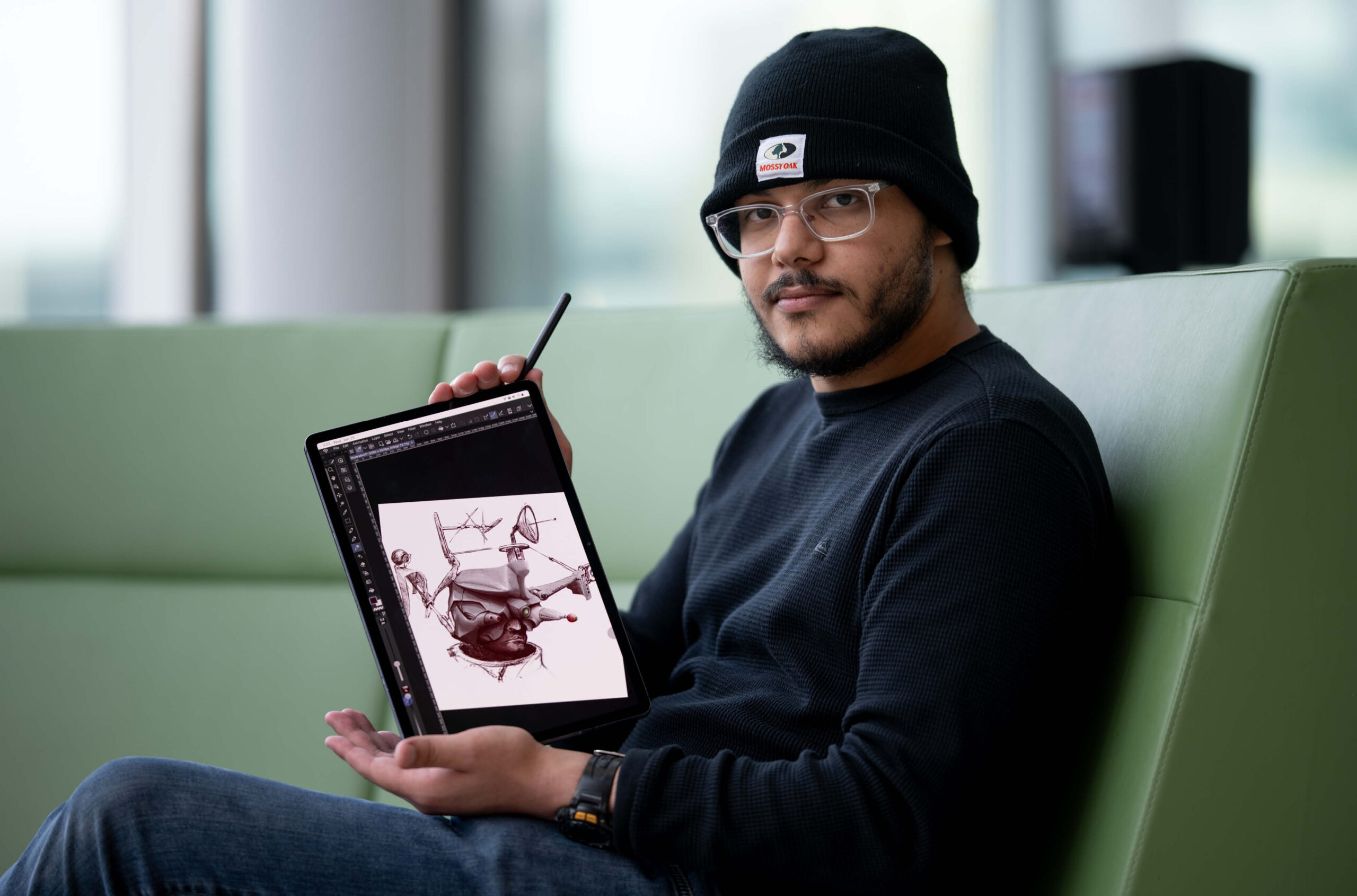
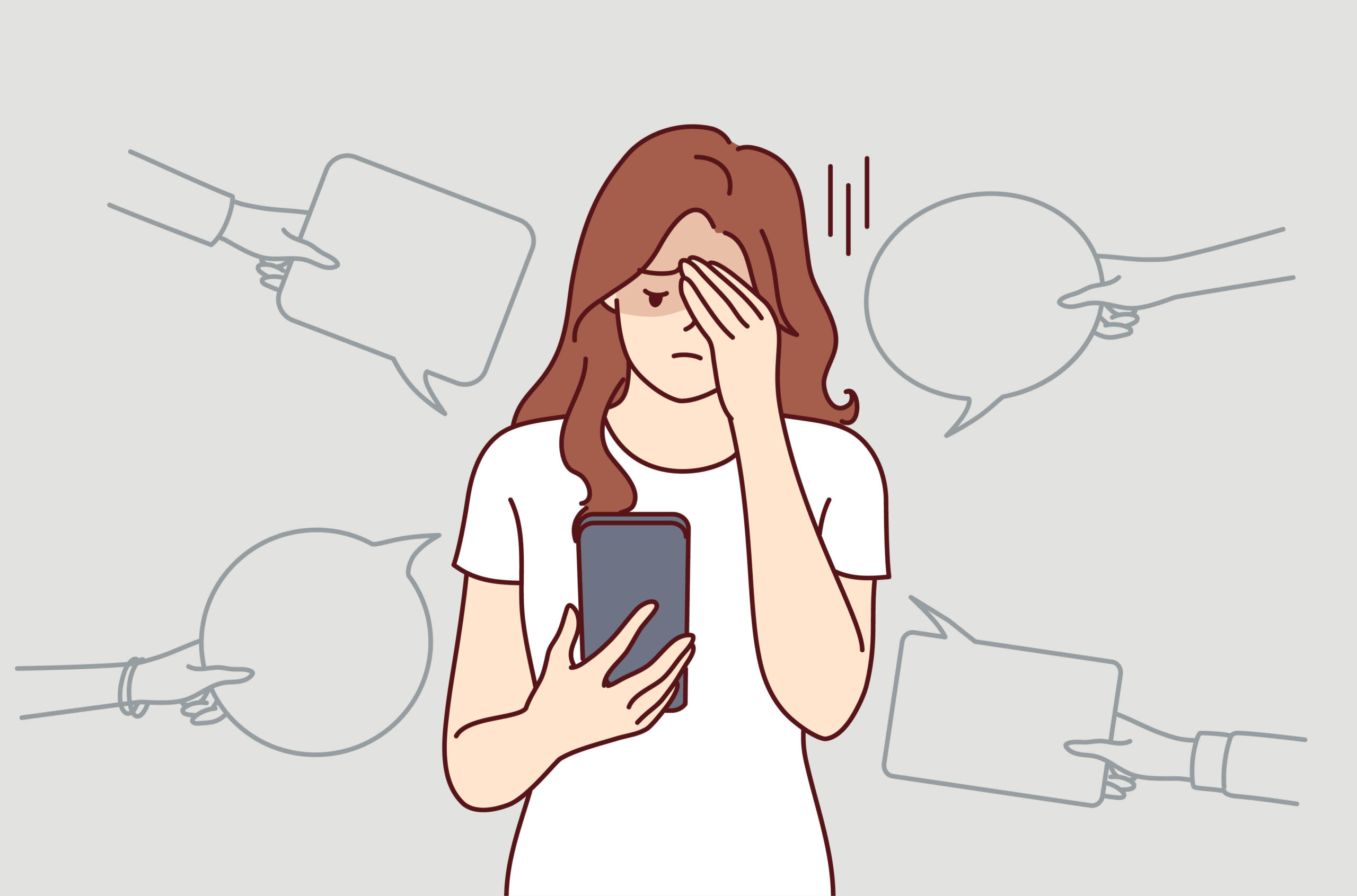
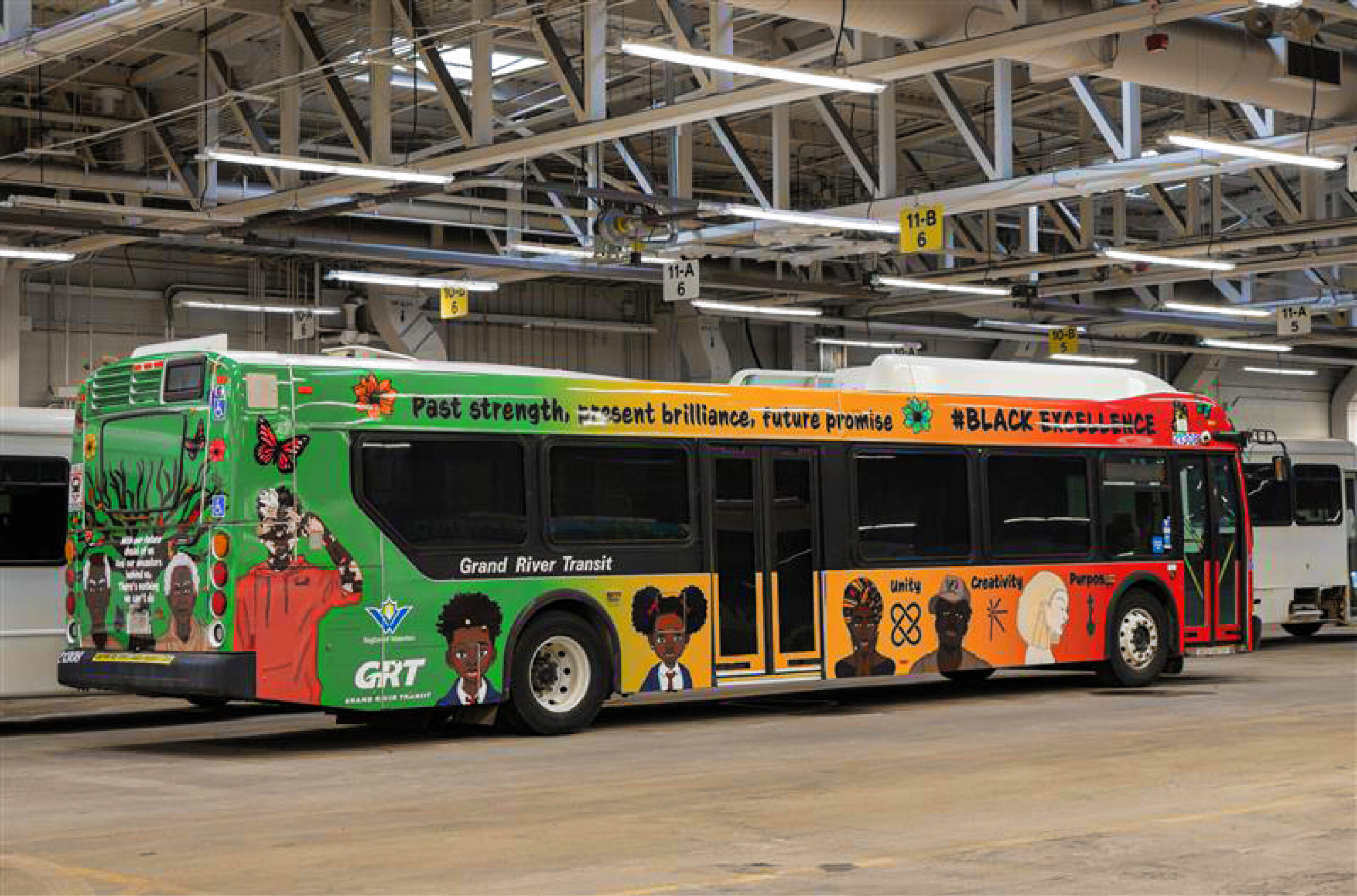
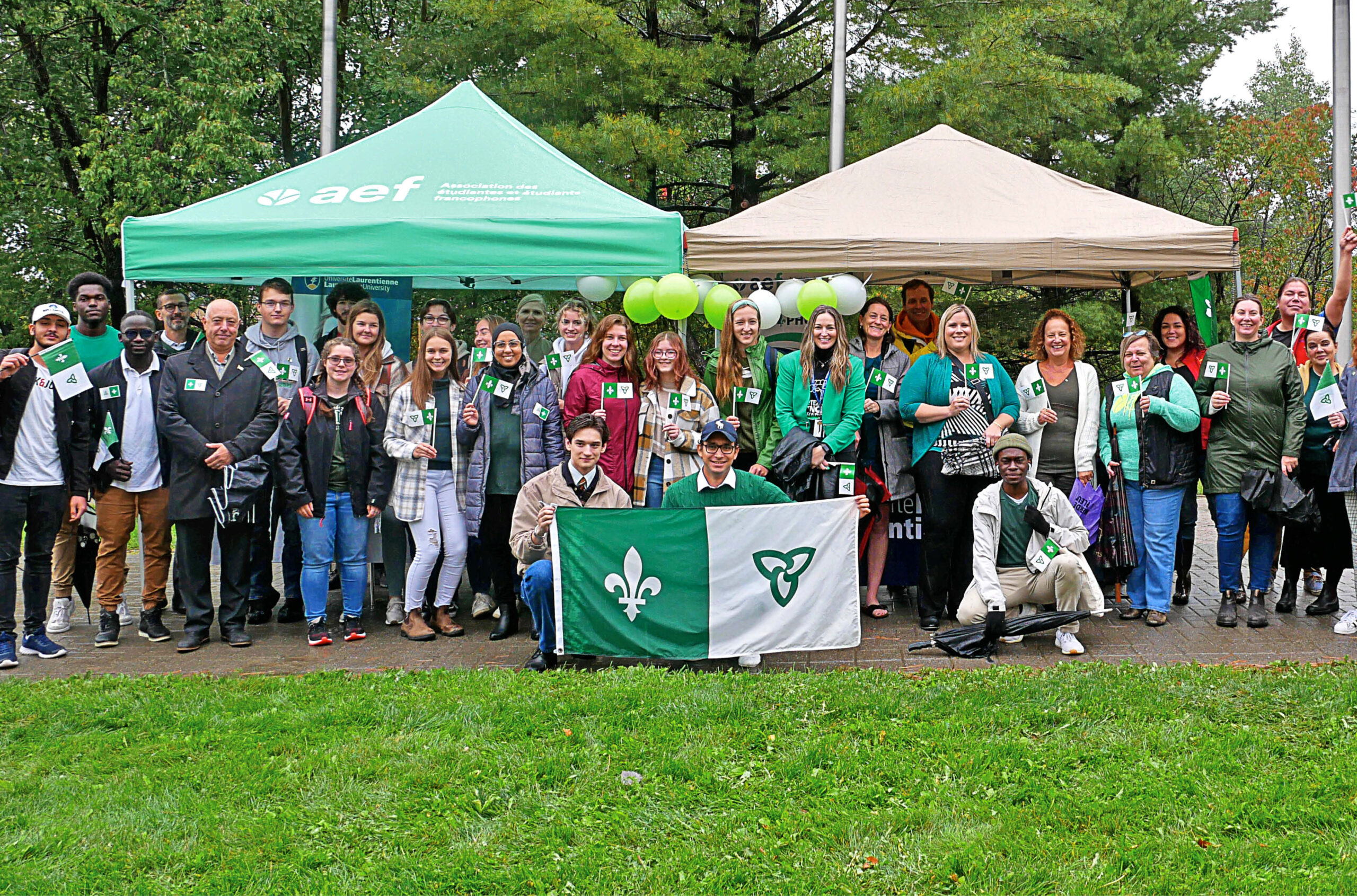




Post a comment
University Affairs moderates all comments according to the following guidelines. If approved, comments generally appear within one business day. We may republish particularly insightful remarks in our print edition or elsewhere.